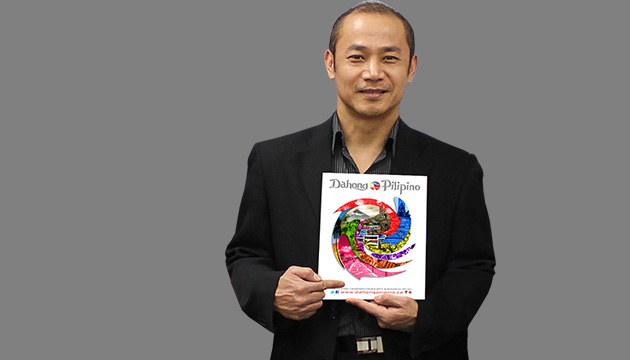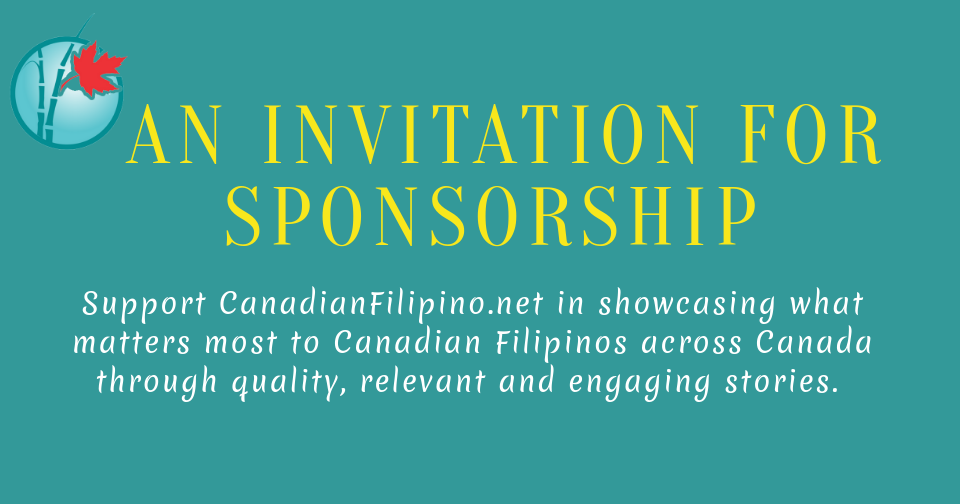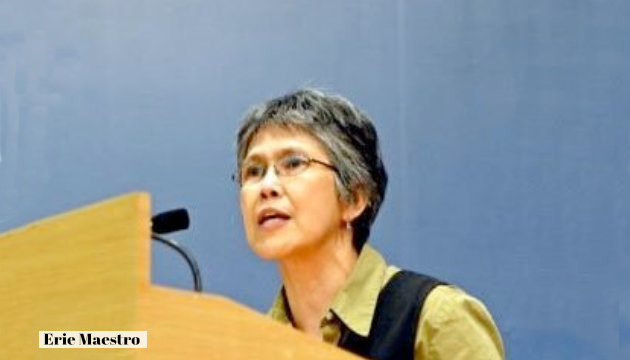August 16, 2025 — Canadian labour unions are calling on Prime Minister Mark Carney to halt further military cooperation with the Philippines.
That is, “until clear and measurable human rights benchmarks are met”.
This message was delivered in a letter to Carney by the presidents of the Canadian Labour Congress (CLC), Canadian Union of Public Employees (CUPE), National Union of Public and General Employees (NUPGE), and Public Service Alliance of Canada (PSAC).
The four major labour unions represent a combined membership of some three million Canadian workers.
“We, alongside many other organizations, remain committed to working with Canadian
institutions and civil society to ensure that peace, justice, and human dignity are at
the center of Canada’s global engagement,” the labour leaders wrote in an August 8, 2025 letter to Carney.
The letter was signed by Bea Bruske, CLC; Mark Hancock, CUPE; Bert Blundon, NUPGE; and
Sharon DeSousa, PSAC.
The labour leaders cited, among others, a new military agreement allowing the presence of Canadian and Filipino soldiers in the respective territories of the two countries.
It may be recalled that on March 7, 2025, Canada and the Philippines announced the conclusion of negotiations for a Status of Visiting Forces Agreement (SOVFA).
A statement by Global Affairs Canada asserted that the agreement will “launch a new chapter in the Philippines-Canadian bilateral defence relationship”.
“It will bolster defense and military ties between the two countries, enabling the Armed Forces of the Philippines and the Canadian Armed Forces to operate and train together in each other’s territories,” the statement read.
However, Canadian labour unions are saying that Canada’s increasing military activity in the Philippines and elsewhere in the Indo-Pacific region “must not come at the cost of justice, democracy, and civilian safety”.
The labour leaders cited reports about violations of human rights in the Philippines.
One of these is the 2025 Global Rights Index released on June 2, 2025 by the Brussels-based International Trade Union Confederation (ITUC).
In its report, ITUC cited the Philippines as among the 10 worst countries for workers.
The other nine countries are Bangladesh, Belarus, Ecuador, Egypt, Eswatini, Myanmar, Nigeria, Tunisia, and Turkey.
“Workers and unions in the Philippines exist in a daily struggle to exercise even the most basic rights in a venomous environment of endemic harassment, violence, and death,” the report stated.
Also, the Philippine government has “long deployed ‘red-tagging’ as a tactic against union leaders and members, falsely accusing them of supporting or participating in the communist insurgency, led by the New People’s Army (NPA)”.
“This duplicitous strategy puts workers and activists at direct risk, while deterring others from joining or forming unions. Despite international calls to end ‘red-tagging’, the government has shown little political will to protect union leaders or promote a climate conducive to the healthy functioning of unions,” the ITUC report noted.
The trade union confederation also cited arrests of labour leaders, stating that these are “part of a crackdown on workers, unionists, and activists fighting for decent wages, job security, and the right to organise”.
A copy of the letter by Canadian union leaders to Carney was circulated by the Canada chapter of the International Coalition for Human Rights in the Philippines (ICHRP).
The letter echoed themes from a briefing paper on the Philippines that ICHRP-Canada released in November 2024.
ICHRP-Canada wrote that a SOVFA between Canada and the Philippines would put Canadian troops on the ground, which could potentially involve Canadian personnel in “military activities where abuses are committed”.
“The presence and activities of Canadian troops inside the country risk Canada being directly engaged in the counterinsurgency and complicit in human rights violations committed in the implementation of the campaign,” the ICHRP-Canada stated.
In their August 8, 2025 letter to Carney, the Canadian labour leaders noted to the Canadian prime minister that it is “deeply problematic for the Canadian Government to pursue closer and stronger defense relations” with the Philippines.
“Doing so not only undermines Canada’s stated commitment to human rights, it risks making
Canada complicit in future violations.”
On July 3, 2025, Carney spoke with Philippine President Ferdinand Marcos Jr. by phone, and the two leaders touched on a number of issues.
Carney also invited Marcos to visit Canada. In the letter, the labour leaders urged the prime minister to withdraw the invitation.













